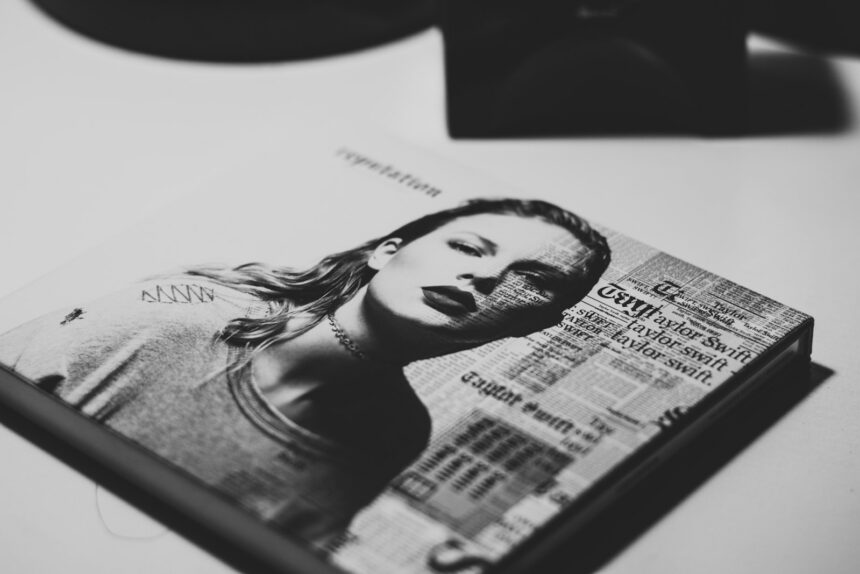Recent investigations have uncovered the source of pornographic deepfakes featuring Taylor Swift and other public figures, tracing them back to an online challenge. This challenge was designed to circumvent safety mechanisms of AI-based image generation services, sparking widespread concern over the misuse of artificial intelligence. The incident has ignited discussions on digital ethics and the need for robust content filters.
Graphika, a social network analysis firm, discovered that these deepfakes originated from users on the 4chan internet forum. Participants engaged in daily contests to find loopholes in the content filters of popular image-generation platforms, including Microsoft Designer and OpenAI’s DALL-E. The objective was to craft sexualized images of well-known female personalities, ranging from entertainers to political figures.
Cristina López G., a senior analyst at Graphika, emphasized that while Taylor Swift’s case has received significant attention, she is only one of many targets within this disturbing trend. The phenomenon highlights a broader issue where virtually anyone could fall victim to such non-consensual image manipulation.
Despite efforts to contact 4chan for comments, there has been no response. The deepfakes first appeared on this platform in early January before spreading to Telegram and X (formerly known as Twitter), where Swift-related searches were eventually blocked due to public outrage. Some of these images amassed millions of views, showcasing the alarming reach and impact of these deepfakes.
In response to this challenge, companies behind text-to-image generation technologies have started banning specific keywords to prevent the creation of harmful content. Yet, individuals continue to share techniques online for bypassing these protective measures, treating these restrictions as mere hurdles in their quest to generate such images.
The incident has propelled the issue of non-consensual deepfakes to a prominent position on the political agenda. The White House has condemned the creation and distribution of these images, and lawmakers are pushing for legislation that would classify deepfake pornography as a federal offense, subject to fines and imprisonment.
This situation underscores the increasing concern over celebrity deepfake pornography and the rising instances involving everyday individuals. Experts warn about the growing sophistication of this technology, which makes it increasingly accessible and challenging for victims to combat.



